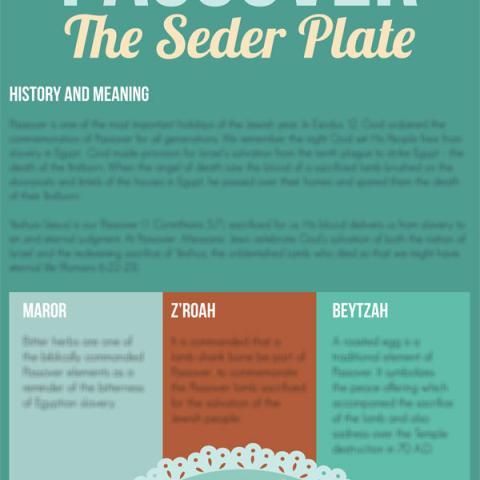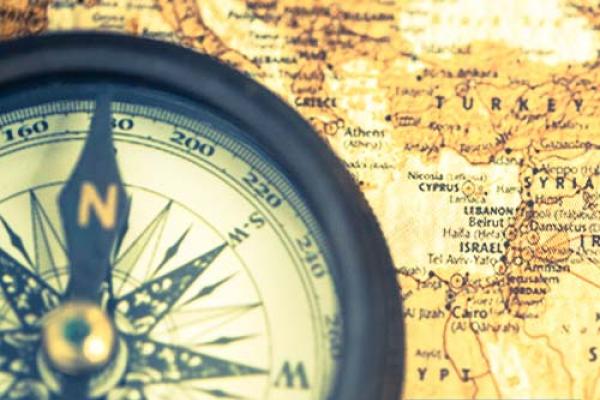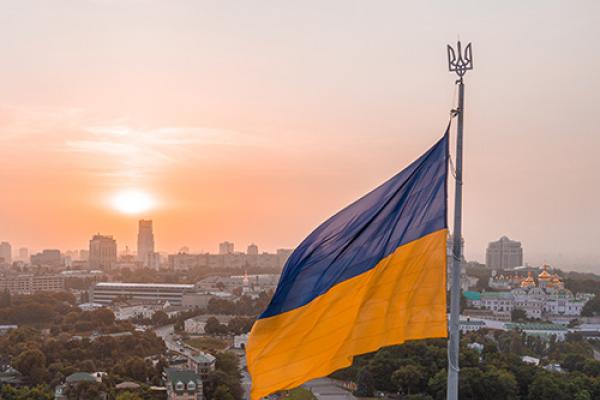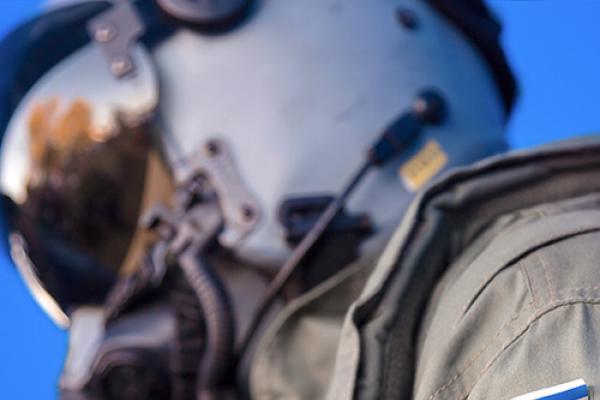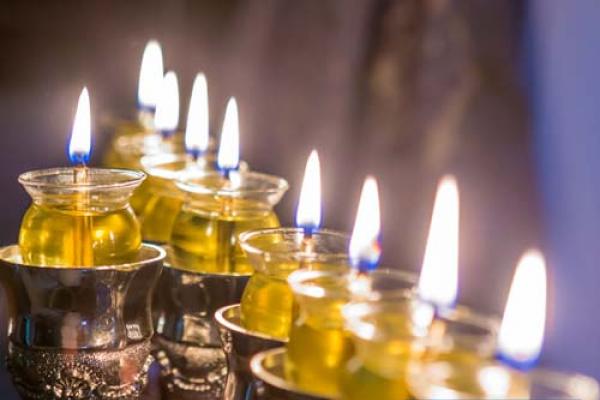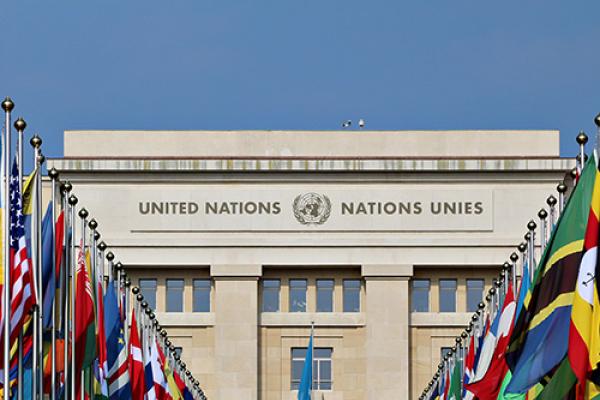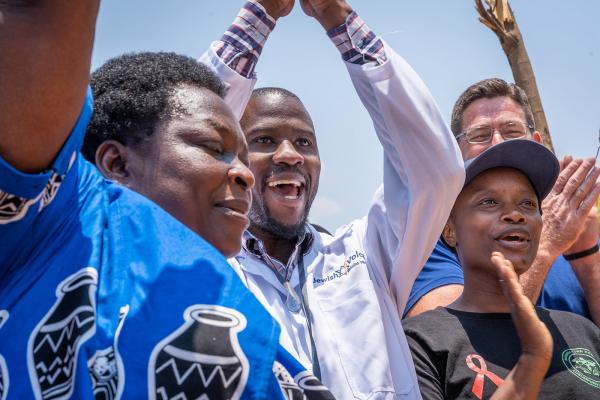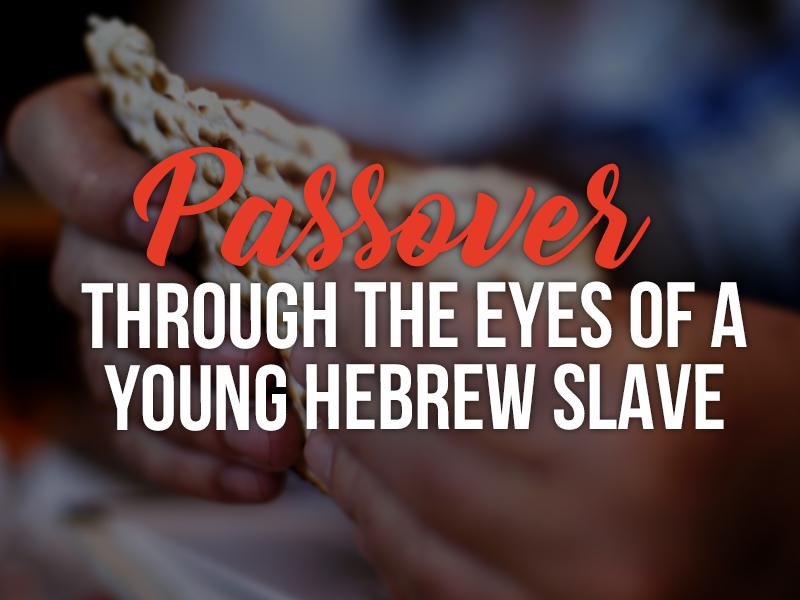
What would it have been like to be in Egypt thousands of years ago on the night of Passover? Every Jewish person alive at that time had been born into slavery, as were their parents and grandparents. Generation upon generation knew only the bitterness of forced labor and mistreatment.
But then, out of the desert comes an 80-year-old Jewish man, who was raised by Pharaoh’s daughter and had left 40 years ago. He has come back to deliver a message to Pharaoh from the God of Israel Himself. “Let My people go!” And in Goshen, where the Jewish people lived, hope stirred at last.
*****
Imagining the Passover in Egypt
Everyone has been so excited! We’ve been bumping into each other all day as we’ve hurried to get our things together, packed into carts, ready to go. Is this really happening? Are we truly leaving Egypt and escaping our slavery to Pharaoh?
Our people have been here for 400 years. I have always been a slave. It’s all I’ve known. There are over a million of us now. No wonder Pharaoh doesn’t want to let us go – what will he do without the forced labor of our Hebrew hands?
Moses is a Hebrew like the rest of us, but he actually grew up in Pharaoh’s house and was raised by Pharaoh’s daughter. It is Moses who has told us to be ready to go because God is going to deliver us and set us free.
To tell you the truth, I wondered if the God of our fathers had forgotten us. But now? Things have been happening lately that no one can explain. Now I know – our God has not forgotten us!
Moses has been raising his staff and bringing down plagues on all of Egypt, demanding that Pharaoh set us free. I remember being told that he had said God was going to use him to liberate us. That was before he left us 40 years ago, long before I was born. Now he’s back and working all these wonders.
“Let My people go!” he said to Pharaoh. He was delivering a message from God Himself. And each time Pharaoh said no, some new catastrophe happened in Egypt – swarms of flies, locusts, boils, fierce hail, all the livestock dying. And the frogs! We heard they were just everywhere. The Egyptians could hardly take a step. The frogs were in their houses, their beds, even in their ovens and kneading bowls.
Oh, and the Nile! The Nile River turned to blood. All the water became blood, even what was stored in vessels. There was no water to drink, and all the fish died. That was right at the beginning, and you’d think that would have been enough.
At times, Pharaoh told Moses to just take us all and get out of here, but he always changed his mind. Doesn’t he realize he’s up against God Almighty? Especially since all the plagues only happened in Egypt? Here in Goshen, where all of us Hebrews live, there was nothing. We’ve been spared. You’d think Pharaoh would get a clue. Such a hard heart is in that man!
The word is, tonight’s going to be the most horrible plague of all. God is going to strike every household in Egypt, and the firstborn of every family is going to die. This plague is so powerful that we’ve been told specific things we have to do in order to be protected from it.
We were to take an unblemished lamb, worthy of sacrifice because of its perfection and purity. We were to keep it in the house, living with us, for four days. We’ve grown rather fond of it, so cute and innocent. It won’t be pleasant to do what we must at twilight tonight.
We must sacrifice the lamb and brush some of its blood onto the doorframes of our homes. When the angel of death comes over the land, he’ll see the blood covering our households and pass over us, saving us from death. Every household not covered by the blood will be visited by death.
It’s evening now.
The blood is on our doorposts, and we’re eager and anxious at the same time. Every few minutes, one of us abruptly turns, wide-eyed, toward the roof or street. “What was that? Did you hear something?” A fearsome death is going to come over Egypt tonight like never before, and the dreadfulness of it will pass right over us.
We have no idea what that will look like, or how it will happen. We’re acutely attuned to every sound and nuance of the world outside our door tonight. At the same time, our beaten-down souls hear the whisper that freedom is near, and hope dances inside us.
There’s no time tonight even for our bread to rise. We’re to eat roasted lamb, unleavened bread and bitter herbs. Moses told us that God specifically instructed us to eat this meal in a hurry. That must mean our freedom could come at any moment! “With your loins girded, your shoes on your feet, and your staff in your hand,” God said. “You are to eat it in haste. It is the Lord’s Passover.”
So, we’re ready. We sit down for our hurried but sacred meal. The lamb we partake of tonight died to give us his blood and save us from death. In spite of the rush, the weight of this sacrifice presses on my heart. The bitter taste of our slavery is almost over, and we expectantly watch for our liberation.
*****
“Why is this night different from every other night?” The question is asked at Passover tables today.
Remembering is important to God. Through His ordained feasts and all through Scripture, God calls us to remember. Over and over, He told Israel to remember that they had been slaves and He brought them out of Egypt.
Passover is a reminder of what God did for Israel in the land where they were slaves. Even then, Passover pointed forward to Yeshua (Jesus), who would become our perfect Passover Lamb (1 Corinthians 5:7), sacrificed to cover our sin.
“Behold the Lamb of God who takes away the sins of the world,” John the Immerser cried out when he saw Jesus (John 1:29). Three and a half years later, Yeshua ate the Last Supper commemorating God’s great act of deliverance the night before the Exodus from Egypt ‒ and marking the great act of eternal salvation He would accomplish for us when He shed His own blood for all mankind the next day.
This post is revised from the original that first appeared on the Jewish Voice Ministries International blog in April 2016 under the title “Imaging the Passover in Egypt.”
Get the Passover Infographic
This enlightening infographic will teach you the meaning of the Passover seder plate, the elements to include and the significance behind them.




